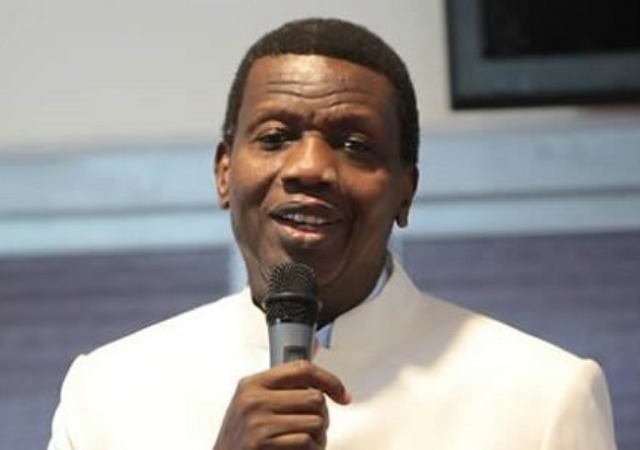Place your adverts here on InfoDig @ low rates; banner ads, sponsored links and guest articles etc. Contact us
Professor Josiah Ajiboye, the Former Registrar of the Teachers Registration Council of Nigeria (TRCN), has urged the Federal Government to institute a National Teachers’ and Caregiver’s Welfare Commission to tackle the prevailing challenges faced by educators.
Professor Ajiboye made this appeal during the Colleges of Education Academic Staff Union (COEASU) International Teachers’ Day celebration held in Abuja, Nigeria.
Delivering his presentation titled, ‘Valuing Teacher Voices: A Panacea for a Rejuvenated Teacher Education in Nigeria,’ Ajiboye emphasized the need for greater attention to be paid to the welfare of teachers and caregivers.
Ajiboye, who served as the guest speaker at the event, expressed concern over the worsening state of the teaching profession in Nigeria.
The University of Ibadan don urged relevant authorities to take decisive action, including creating platforms that allow teachers to actively participate in shaping educational policy, curriculum design and school governance.
He said teachers should be involved in policy-making processes, and platforms must be developed to ensure their voices are heard, adding that mechanisms should also be created to gather teacher feedback on ongoing professional development programmes to help educators enhance their teaching skills.
He further recommended the establishment of professional communities where teachers could collaborate, share experiences, and develop innovative teaching methods.
Such collaboration, he noted, would foster continuous learning and improve the overall quality of education.
Ajiboye also advocated for a structured system where educators could provide feedback on educational reforms and policies.
He encouraged the government to promote leadership opportunities for teachers within their schools and communities through mentorship programmes and training in advocacy skills, even as he harped on the need for the government to meet the welfare of teachers and caregivers.
“Establish a national teachers’ and caregiver’s Welfare Commission where attention would be given to these two distinct categories of educators,” he said.
Additionally, Ajiboye urged the government to increase funding for education infrastructure, revise teacher welfare policies, and launch a nationwide recruitment campaign to attract more individuals into the teaching profession.
Expressing concern over the declining status of teachers in Nigeria, Prof. Ajiboye warned that the profession is becoming endangered due to poor treatment, lack of recognition, and dwindling interest among young Nigerians.
He noted that the exodus of experienced educators to other professions has further worsened the situation.
“Teaching, once regarded as a noble profession, is now facing an existential crisis in Nigeria. The alarming drop in interest in teaching as a career, along with the mass departure of qualified teachers, is a sign that urgent intervention is needed. It’s time to recognize the gravity of this issue and take immediate action to restore the dignity of teaching,” Ajiboye said.
He stressed that teachers should play a leading role in addressing their welfare and professional development, much like other professions in the country.
In his other recommendations for revitalizing Nigeria’s teacher education system, Ajiboye underscored the importance of placing teachers’ voices at the core of any reform.
He argued that teacher education curricula should be tailored to reflect the real-world challenges educators face, with professional development programs focusing on both local issues and global best practices.
Professor Ajiboye also called for a comprehensive overhaul of the teaching profession in Nigeria, emphasizing the need for collaborative efforts from the government, educational institutions, and stakeholders to ensure a brighter future for the country’s education system.
Lantana Nasir















 English (US) ·
English (US) ·